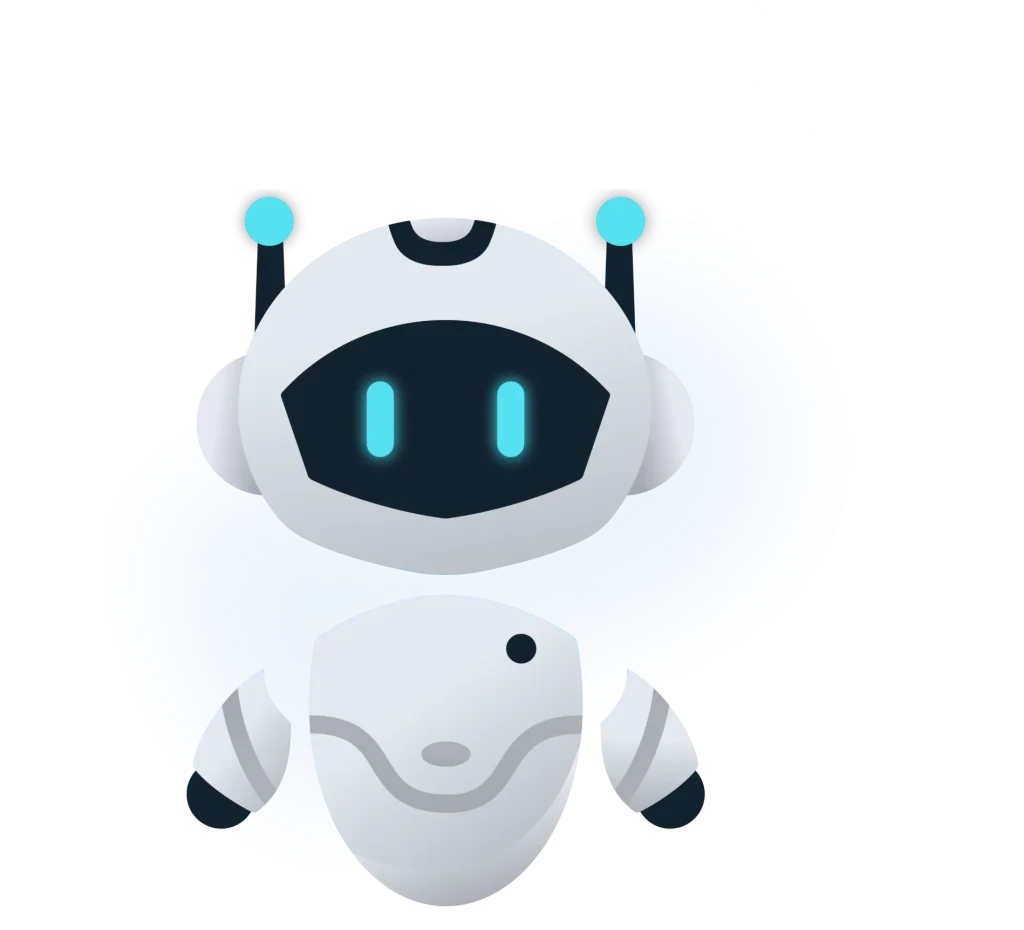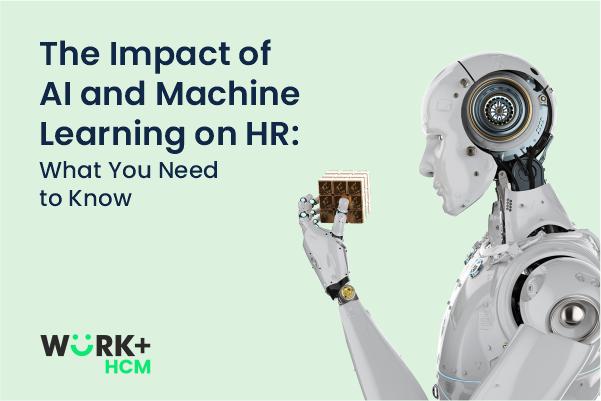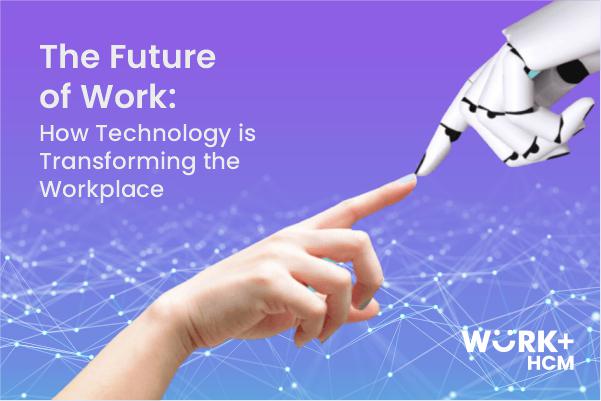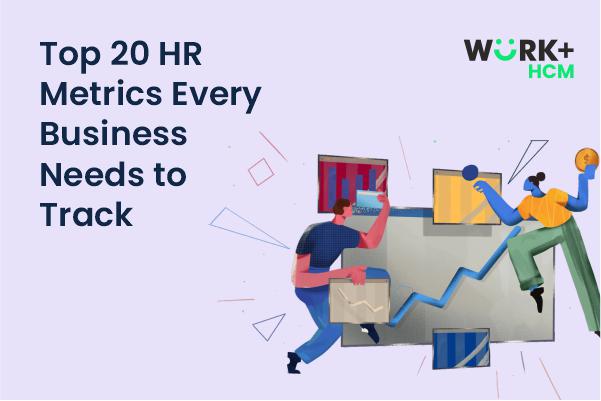AI-Powered HRMS is Reshaping Workforce Management in UAE

How AI-Powered HRMS is Reshaping Workforce Management in the UAE
Jessica Calaoagan
October 06, 2025 | 10-mins read
The UAE has become a role model in digital transformation, the organizations in different industries have embraced the latest technologies to stay competitive. The disruption is so huge in one sector that the Human Resource Management Systems (HRMS) have changed beyond recognition. The functions of payroll and attendance that were once handled by the software have now been converted to AI-powered HRMS, where HR leaders can make decisions based on data, save time in managing routine tasks, and have a new way of interacting with employees.
This paper is the presentation of the progressive AI HRMS in the UAE, which is a total change in the management of human resources, from candidate screening and predictive attrition to chatbot support and strategic analytics. Besides, we also briefly discuss the adoption trend, system architecture, and the essential change management issues that are required to be successful in AI-enabled HR.
AI Modules in HRMS: Transforming Everyday HR
AI has added intelligence to traditional HR automation tools. By embedding machine learning models, predictive analytics, and natural language processing (NLP) into HRMS platforms, organizations in the UAE are seeing measurable benefits across critical HR functions.
1. Candidate Screening
The recruitment process in the UAE is quite challenging, as companies are typically dealing with thousands of applications coming from the huge expatriate workforce. AI-driven candidate screening tools may:
- Automatically extract data from the CVs and rate candidates on skills, work experience, and company culture compatibility.
- Get rid of the time-consuming manual sorting of the applicants, which in turn will shorten the hiring process by up to 50%.
- Implement semantic understanding of texts to discover transferable skills and specialized knowledge in the targeted area.
This results in better candidate quality and lower chances of bias in the selection process, thus allowing recruiters to concentrate on strategic talent acquisition.
2. Predictive Attrition
Employee turnover leads to high expenses, especially in the UAE sector, which is very competitive, such as retail, hospitality, healthcare, etc. AI-based HRMS can examine past performance, engagement surveys, attendance data, and even the mood of a conversation to forecast which employees are likely to quit.
- Managers are given alerts to intervene with retention strategies before the situation becomes worse.
- Onboarding with a positive employee engagement approach can lead to attrition rates being cut by 20% even further.
- The stability of the workforce decreases the expenses of recruiting and elevates the level of organizational knowledge.
3. Chatbot Support
AI chatbots are increasingly at the forefront of employee interaction, providing HR-related answers to employees’ questions, so they do not have to wait for any amount of time.
- Employees can get advice on leave policies, salary slips, or training programs at any time of the day or night, even on holidays.
- HR chatbots significantly reduce the time needed for addressing the queries by 70–80%.
- Moreover, they certify a uniform employee experience, particularly in big corporations with multiple offices and the trend of working from home.
These are just a few of the many reasons why smart HR software in the UAE is no longer seen as just an administrative tool but rather a business enabler.
Adoption Trends: UAE and GCC Lead the Shift
Several statistics emphasize the rising dependence on AI-powered HR systems in the region:
- As stated by PwC Middle East, the AI technology could add up to $96 billion of value to the UAE economy by 2030, with HR predicted to be the quickest area of technology adoption.
- According to a 2023 GulfTalent survey, 62% of UAE companies were actively investing in HR automation tools compared to 38% in 2020, indicating a significant upward trend in the last three years.
- The organizations employing AI-driven candidate screening achieved a 40% increase in candidate quality, while those using predictive attrition models benefited by letting the attrition rate drop by 15–20%.
- HR teams enabled with the help of chatbot technology in HRMS have been able to save an average of 7–10 hours per weekthat was previously spent on answering routine queries.
The message is clear: AI HRMS in the UAE is no longer optional—it is becoming the new standard.
For businesses evaluating solutions,Our HR Software UAE offers advanced AI modules tailored for the UAE workforce, ensuring compliance and scalability.
The Design and Architecture of AI-Enabled HRMS
Not all human resource management systems (HRMS) that boast of Artificial Intelligence (AI) are genuinely smart. Only a platform that formulated certain architectures and design principles can rightly be called an AI-powered HRMS.
1. Robust Data Collection
AI models are successful if they have abundant data. When it comes to a reliable HRMS, it needs to collect data in both structured and unstructured forms, examples of which are attendance logs, engagement surveys, performance metrics, and CVs, from various sources. Consequently, this data is anonymized and cleaned for model training.
2. Model Training and Continuous Learning
The successful systems employ a machine learning model that is trained on historical workforce patterns; however, they also learn from the new data. That feature of the system is quite essential because the accuracy of the prediction will now be maintained even as the workforce changes.
3. Ethical Guardrails
AI in HR is basically a delicate matter when it comes to employee data. Ethical designing involves:
- Data anonymization to make sure that data on employees is kept confidential.
- Bias detection for the purpose of ensuring that the algorithm does not discriminate based on gender, nationality, or age.
- Transparency in the way the AI-generated suggestions are being presented to the managers.
4. Bias Mitigation
The presence of bias in the recruitment process or performance evaluations can lead to negative impacts in a workplace that is varied, such as the UAE. The AI HRMS platforms are utilizing bias-mitigation frameworks that include:
- Regularly auditing training datasets.
- Introducing fairness algorithms that help in candidate scoring to balance.
- Let human supervision verify the decisions suggested by the AI.
When these guidelines are included, HR automation tools in the UAE not only become mere automatic systems but also reliable decision-support systems.
User Adoption and Change Management
Even the most sophisticated AI HRMS will fail without users’ trust and adoption. Thus, change management in the UAE context means dealing with the concerns of leadership, managers, and employees.
1. Selling the Idea to CEOs and CFOs
Top business executives want hard results in return. The HR leadership, when pitching an AI HRMS system, should focus on the following points :
- Cost savings:A decrease in the time-to-hire process, payroll-related mistakes, and the volume of manual HR processing.
- Productivity gains:Teams that are engaged in HR functions are freed up to do activities of a strategic nature, such as workforce planning.
- Risk mitigation:A practice that is in line with local labor laws and a tool for early attrition prediction.
Quantifying AI adoption in terms of finance and operations is the key that opens doors for the top managers.
2. Gaining Managerial Trust
Managers are not likely to immediately trust the insights that AI generates. The ways of conquering that barrier are:
- Provide visualizations that detail the logic used by AI for suggesting certain actions.
- Conduct Open sessions where concerns are tackled and users are trained on how to interpret data provided by AI solutions.
- Have a human-in-the-loop model where AI serves as a helper rather than a complete replacement of the smart judgment of the manager.
3. Security and Compliance
The UAE has implemented stringent rules for data management; thus, compliance is of utmost importance to the authorities.
- Artificial intelligence in HRMS should be fully compliant with the labor and data protection laws in the area.
- The facilities for safe cloud storage and the use of encryption from one end of the communication network to the other enable the personal data of the employees to be safeguarded.
Role-based access controls stop unauthorized use of human resources data. When compliance is guaranteed, it gives a green light to the workforce as well as the supervisors, stating that applying artificial intelligence in a human resources management system (AI HRMS) is safe and responsible.
The Road Ahead: Toward Smarter, Human-Centric HR
The future of workforce management in the UAE will be a combination of artificial intelligence and empathy through human-centric AI systems that appropriately balance automation and empathy. As AI gets advanced, we will witness:
- Each individual will have his/her own tailored education and career path, where HRMS will suggest training that fits the skills and interests of every employee.
- Well-being management of a preventive nature, where AI can discover the first symptoms of burnout or lack of interest in the work.
- The use of business intelligence, which takes HR data and combines it with financial and operational metrics to give a complete picture of the workforce.
Such developments give us an idea that AI HRMS in the UAE is not about replacing human judgment but rather about allowing the HR professionals to manage more effectively the strategy, innovation, and employee well-being.
For companies exploring next steps, Workplus HR Software UAE provides a future-ready platform equipped with AI modules, intuitive dashboards, and compliance features designed for UAE businesses.
For further insights into how AI is shaping HR globally and regionally.
Conclusion
AI-powered HRMS has been playing a pivotal role in the transformation of smart HR software in the UAE where four major processes, viz, recruitment, retention, employee support, and decision-making, have been streamlined by the technology adoption. The trend of implementation in the whole GCC region is continuing unabated. Organizations are experiencing real benefits in terms of time, money, and stable employment. Part of the winning formula of smart HR software in the UAE is incorporating this system technology, following the set ethical AI principles, and having the right change management strategies in place. By acquiring management commitment, gaining the trust of supervisors, and ensuring strict adherence, organizations will be able to reap the benefits of AI-driven HR tools.
At the end of the day, AI in HR is not a mere automation tool but a means of creating a smarter, more indomitable, and humane workforce that reflects the UAE’s commitment to innovation and excellence.


